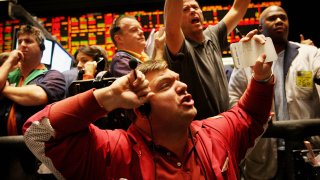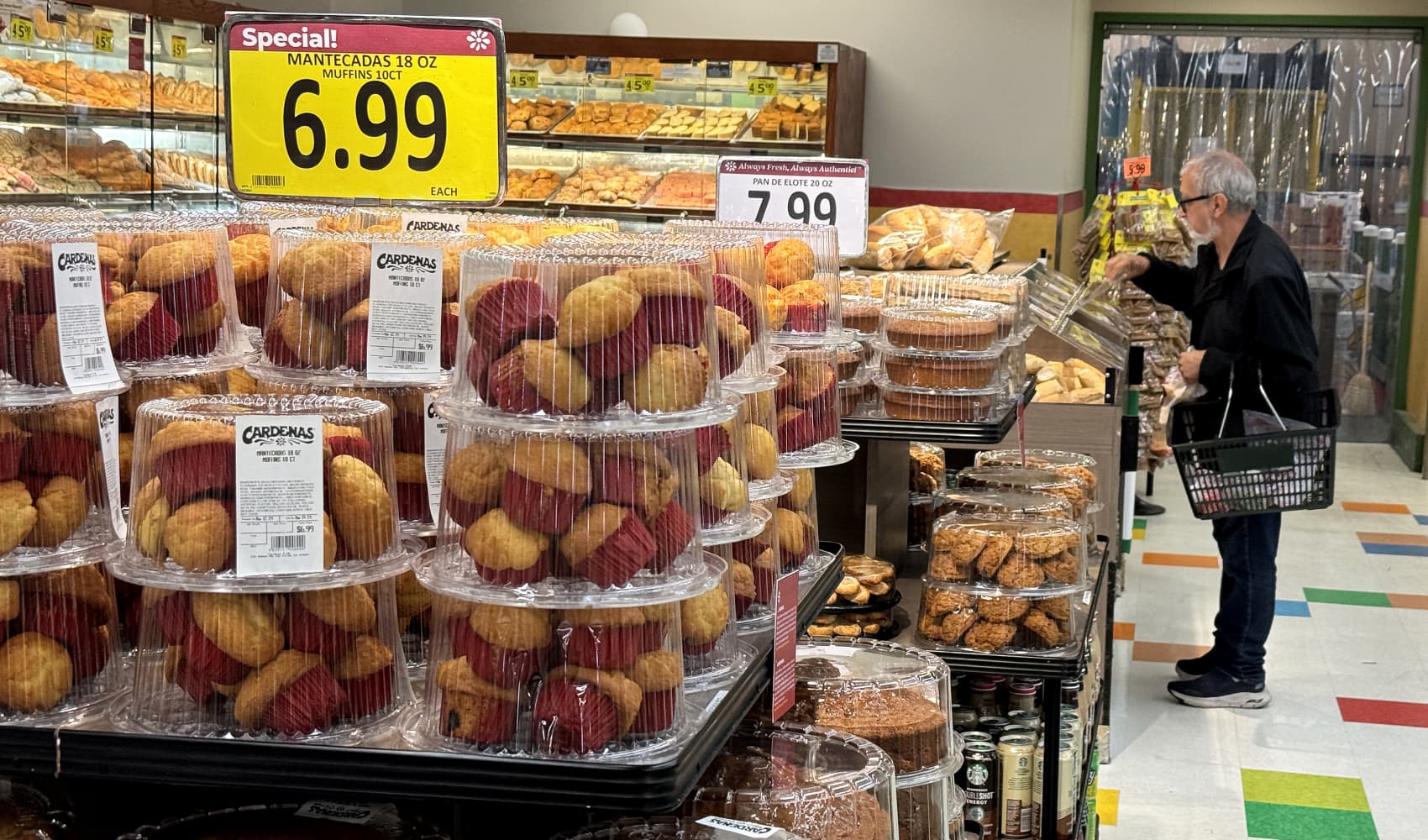
- Fed Chair Jerome Powell and Treasury Secretary Janet Yellen spoke about the economic response to the coronavirus in front of the U.S. Senate's Committee on Banking, Housing, and Urban Affairs.
- Durable goods orders in February saw an unexpected decline, according to the Census Bureau.
- The Markit flash manufacturing purchasing managers' index for March showed expansion.
U.S. Treasury yields fell slightly on Wednesday as Federal Reserve Chairman Jerome Powell made a second appearance before Congress this week.
The yield on the benchmark 10-year Treasury note fell to 1.607% in afternoon trading. The yield on the 30-year Treasury bond climbed to 2.304%. Yields move inversely to prices.
Powell and Treasury Secretary Janet Yellen spoke about the economic response to the coronavirus in front of the U.S. Senate's Committee on Banking, Housing, and Urban Affairs on Wednesday. Powell said during the session that he was not worried by the rise in the recent rise in the 10-year Treasury yield.
Get DFW local news, weather forecasts and entertainment stories to your inbox. Sign up for NBC DFW newsletters.
"It seems that rates have responded to news about vaccination and ultimately about growth. So higher growth, higher inflation, lower cases about Covid. In effect there's been an underlying sense of an improved economic outlook," Powell said.
This followed their first joint appearance on Tuesday in front of the U.S. House Committee on Financial Services, in which the pair acknowledged the richly valued asset prices in the markets, but said that they are not concerned about financial stability.
"I'd say that while asset valuations are elevated by historical metrics, there's also belief that with vaccinations proceeding at a rapid pace, that the economy will be able to get back on track," Yellen said during the testimony.
Money Report
Meanwhile, Dallas Fed President Robert Kaplan told CNBC on Tuesday that he will likely favor an interest rate increase before the end of 2022. However, a dot plot of the rate expectations of individual members on the Federal Open Market Committee, revealed after last week's meeting, showed just three other officials out of 18 agreed with Kaplan's position. The plot overall still indicated no hikes through 2023.
Investors received key pieces of manufacturing data for the U.S. on Wednesday, including a surprising decline in durable goods orders. The Markit flash manufacturing purchasing managers' index for March came in at 59.0. That reading was below the 59.8 projected by economists, according to Dow Jones, but still showed a strong expansion in the sector.
Auctions were held Wednesday for $35 billion of 119-day bills, $61 billion of 5-year notes and $26 billion of 1-year 10-month floating-rate notes.
— CNBC's Maggie Fitzgerald and Jeff Cox contributed to this report.






